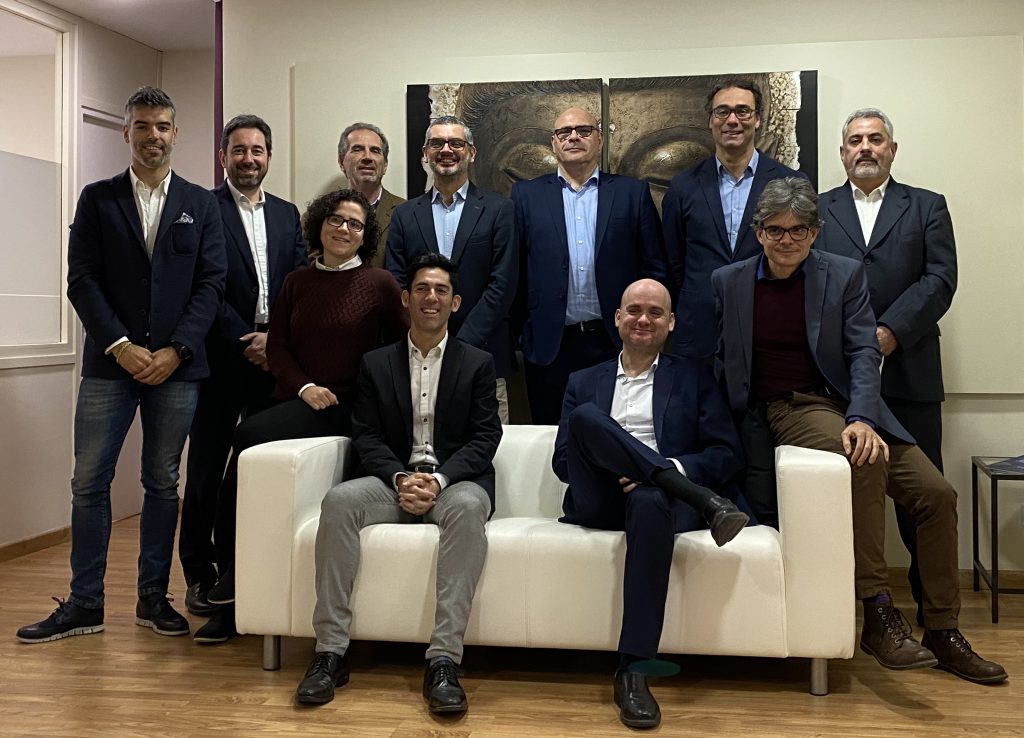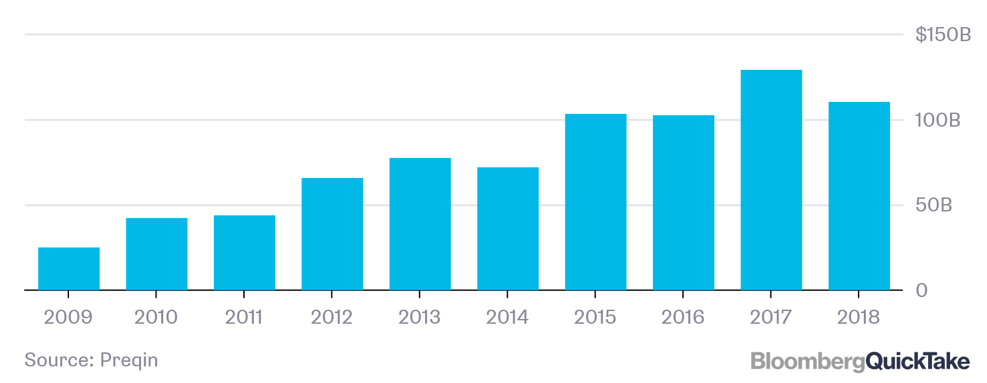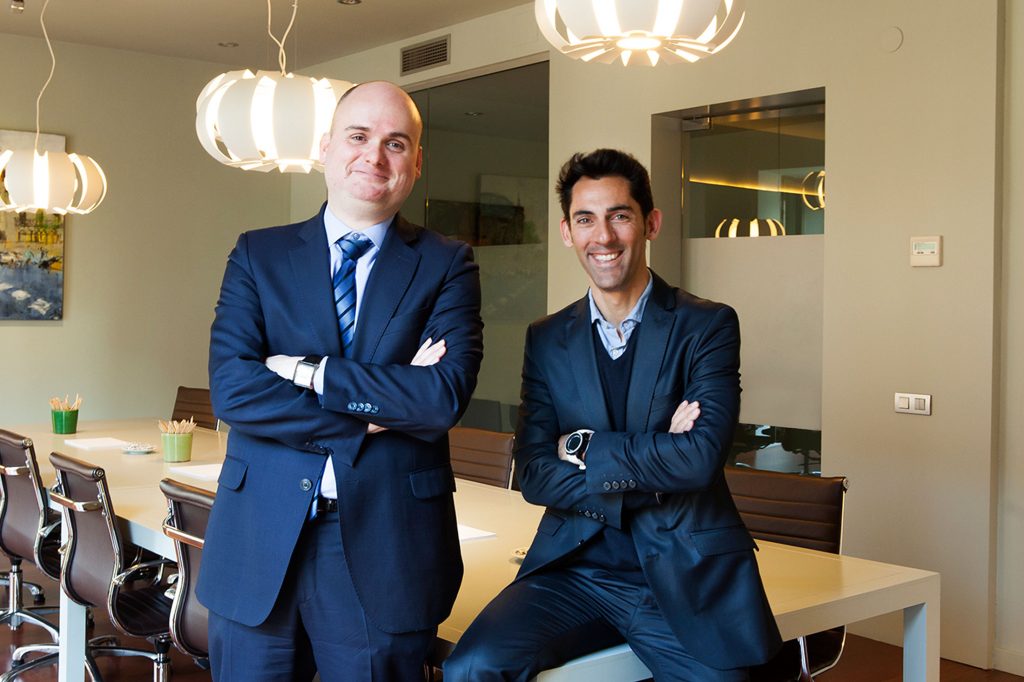An Equity Kicker is a capital incentive in which the lender provides credit at a lower interest rate and, in return, obtains an equity position in the borrower’s company. An equity kicker is structured as a conditional reward, in which the lender obtains ownership of the capital to be paid back at a future date when the company achieves specific performance targets.
Early stage companies use an equity kicker to access financing for their operations. They often find it difficult to attract investors, as they are relatively new and less likely to gain their confidence.
Equity kickers are typically used in LBOs, MBOs, equity recapitalisations or venture debt operations. Such transactions are considered too risky to attract traditional forms of debt. Therefore, mezzanine and subordinated financiers use equity kickers to compensate for the higher risk they take in lending to companies that do not have sufficient collateral for loans. Kickers use convertibility into shares or warrants at a future date and can be triggered by a sale or other liquidity events.

How does an equity kicker work?
Companies use an equity kicker to entice lenders to buy a bond or preferred stock of the company at a reduced interest rate. The lender can obtain an equity kicker from a minimum of 10% to a maximum of 80%, depending on the risk of the investment.
When a borrower attaches an equity incentive to the terms of the debt advanced by the financiers, this incentive is called a kicker. While on the one hand the lenders lend at a relatively low interest rate in relation to the risk of the transaction, on the other hand they obtain a share in the capital stock that can be exercised at a future date when a liquidity event occurs.
Uses of the equity kicker
Companies that offer an equity investment option cannot access credit from traditional funders. These funders usually provide loans to companies with adequate cash flow to service the loan, as well as a sufficient asset base to act as collateral for the loan.
Most of the companies that issue equity kickers are start-ups and early stage companies that have not yet accumulated enough assets. They offer a kicker as a way to attract investors who would otherwise not be interested in lending to the company.
Example 1: Equity Kicker
Let’s take the example of XYZ, a company that makes wine glasses. The company is in the process of expanding its manufacturing plant to increase annual production. XYZ has been operating for three years but is still unable to obtain bank or conservative financing due to its high perceived risk.
The company plans to raise 800,000 euros to finance this expansion. It can obtain 400,000 euros internally with the resources generated by the activity itself. On the other hand, the company plans to waive 10% of capital for every 100,000 euros borrowed from investors.
Three investors – A, B and C – join forces to finance XYZ’s expansion. Investor A is willing to provide 200,000 euros, while B and C are ready to contribute 100,000 euros each. This means that lender A gets an initial kicker of 20%, while B and C get 10% each. However, investors can only exercise the right to obtain shares at the time of sale of the company.
Example 2: Warrants
Suppose that the debt is structured as a guarantee, where lenders are given the option to buy a certain amount of shares at a certain price at a future date. For example, the borrower may give 10% guarantee coverage on the amount provided by each lender to the company.
Using the figures in Example 1, we can deduce that investor A will get EUR 20,000 in warrants, while B and C will each get EUR 10,000 in warrants for the company’s shares. The price of the shares will depend on the most recent round of capital.
The options of equity kicker lenders
Lenders provide financing to a company to help it meet certain performance targets and increase the value of the company above its current market value. In return, lenders obtain an equity stake that can only be paid out if a certain milestone or liquidity event occurs. If neither of these events occurs, the lenders will continue to maintain their equity position.
As shareholders, they benefit from regular dividend payments when the company’s financial results are published, as well as from a percentage of profits that is proportional to their percentage of equity. In the event that the company reaches a certain agreed-upon profit potential or when the owners decide to sell the company, the lenders are paid first when these events occur.
The equity kicker in the real estate sector
Equity kickers are also used in the real estate business. A lender may provide a real estate loan at a reduced interest rate in exchange for a share of the total income from the property. The kicker may be provided when the borrower lacks sufficient collateral to secure the loan, but is expected to be able to repay the loan with a potential for future earnings if he obtains funds to finance his operations or expansion.
The equity kicker can be structured so that the lender receives a percentage of the gross rental income generated by the property if it exceeds a certain agreed-upon amount. It may also depend on a future event, such as the sale of the property, where the lender will receive a percentage of the sale proceeds depending on the amount of its interest in the business.
For example, suppose a borrower borrowed 1 million euros to buy a luxury home. The borrower uses the loan to complete the purchase and renovate the home for lease. Immediately after the renovations, the value of the house doubles to 2 million euros, due to the growing demand for this type of property. If the borrower initially provided 10% equity to sweeten the deal, it means that the lender will get a 10% share of the value earned by the property once it is sold.






